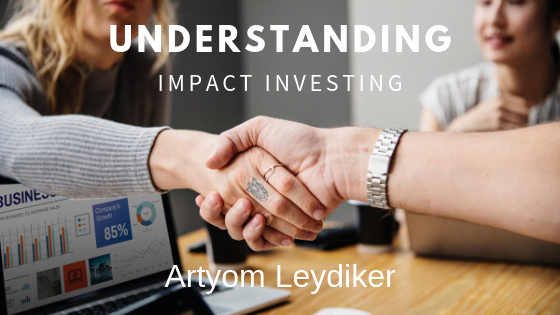According to the United Nations Department of Economic and Social Affairs, the world population is projected to reach 8.8 billion in 2050 and 11.2 billion in 2100. Today’s 7.4 billion inhabitants already face global societal challenges such as climate change, food scarcity, endemic inequality, and a growing presence of warring conflicts. These societal issues are increasingly being challenged through the practice of impact investing.
Issues
Impact investing emerged as a prominent investment strategy in 2007 through global discussions on how to put forth a concerted effort to address prevailing societal problems. Human and environmental capital is at the forefront of the impact investing movement, where investors commit to investing in companies and organizations striving to make a measurable impact on global issues that impact our quality of life.
As with any investment portfolio in which the primary goal is to gain a sizable ROI (Return on Investment), individuals and institutional entities seek to secure ROI’s in emerging and developed markets. Real-life issues such as environmental degradation, systemic poverty, and geopolitical tensions highlight the challenges of companies and organizations looking for ways to make a difference while also being profitable.
Market
The Global Impact Investing Network has been a major force in advocating the benefits of impact investing, citing in a 2018 survey that at least $228.1 billion has been invested in companies that fit this market strategy. The adage that impact investing is on a global trajectory to “do well by doing good” has merit, and its estimated that this growing market could be worth $1 trillion in the coming decades.
Whether it’s investing in “clean technologies” focused on reducing our carbon footprint or companies that look for ways to reduce food insecurity, impact investing offers a wide range of opportunities for investors to be agents of change while benefiting financially from their investments.
As an investment vehicle, impact investing is playing a pivotal role in addressing current realities facing our world, by tackling profound societal issues that require creative and innovative solutions. Investors are increasingly engaged in a paradigm-shift where not only profit is the goal, but profit backed by a commitment to infuse real change on a global scale. Impact Investing is making inroads as an influential market strategy, one that will benefit future generations to come.

